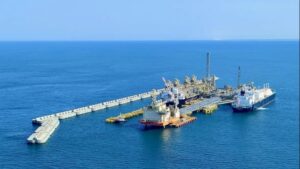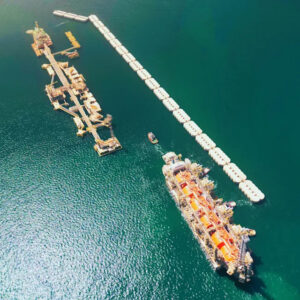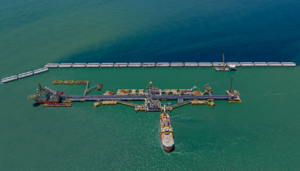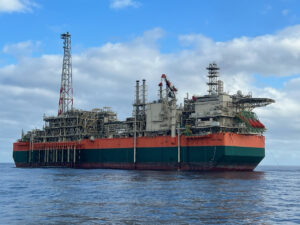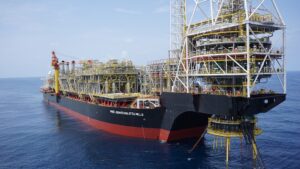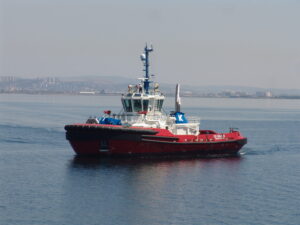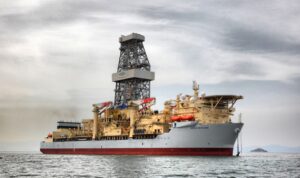Kosmos Energy picks replacement as chief exploration officer retires
Chief exploration officer and founding partner of offshore oil and gas explorer Kosmos Energy has decided to retire from the company effective February 15, 2019.
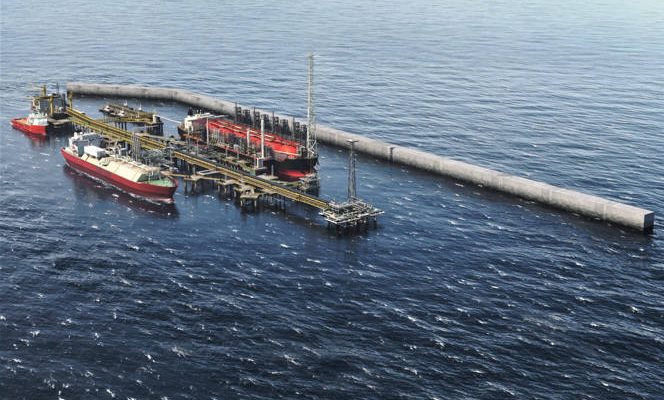
Kosmos said on Monday that chief exploration officer and founding partner Brian F. Maxted opted to retire.
Maxted will remain on the board of directors and continue to serve as a special advisor on matters related to exploration.
The company added that Tracey Henderson would assume the role of chief exploration officer upon Maxted’s retirement.
She joined Kosmos Energy in 2004, serving as a key member of the technical team responsible for the discovery of the Jubilee field in Ghana, the Greater Tortue Ahmeyim field in Mauritania and Senegal, and the Yakaar field in Senegal.
Kosmos’ chairman and CEO Andrew G. Inglis said: “[…] I would like to thank Brian for his dedication to Kosmos since its founding and the excellent record of exploration success he has delivered. We are grateful for his continued presence on the Board and as an advisor to the company. I am pleased that Tracey is taking over as CEO. She embodies all of the exploration leadership attributes that have made Kosmos successful.”
Maxted added: “I am very proud of what Kosmos has achieved since it was founded in 2003. With a strong leadership team in place, world-class portfolio of assets, and differentiated strategy, I am confident the company will thrive in the years to come and look forward in my non-executive capacity to being a part of its successful future.”
It is worth reminding that Kosmos, along with operator BP and other partners, made a final investment decision (FID) in late December 2018 for Phase 1 of the Mauritania/Senegal cross-border Greater Tortue Ahmeyim development.
The Greater Tortue Ahmeyim project will produce gas from an ultra-deepwater subsea system and mid-water floating production, storage and offloading (FPSO) vessel. The gas will then be transferred to a floating liquefied natural gas (FLNG) facility at an innovative nearshore hub located on the Mauritania and Senegal maritime border.
The FLNG facility is designed to provide circa 2.5 million tonnes of LNG per annum on average, with the total gas resources in the field estimated to be around 15 trillion cubic feet.
Project execution activities are expected to start in 1Q 2019. First gas for the project is expected in 2022.

